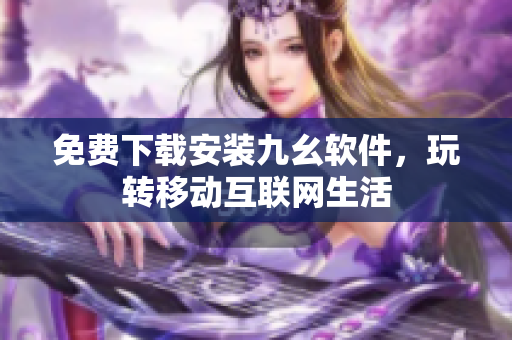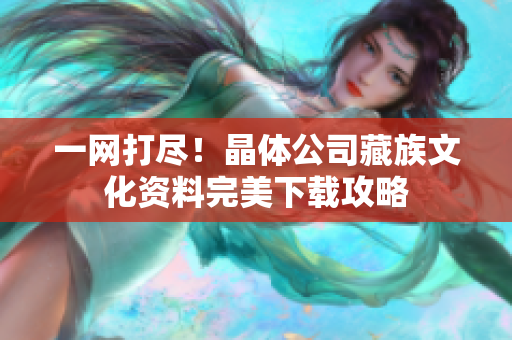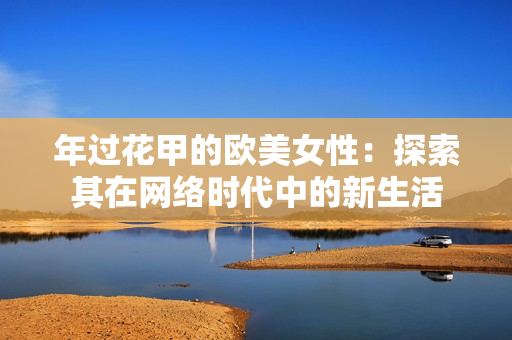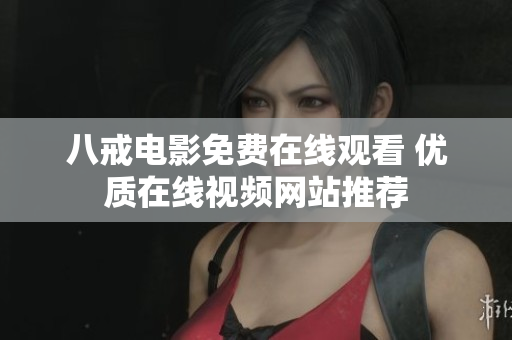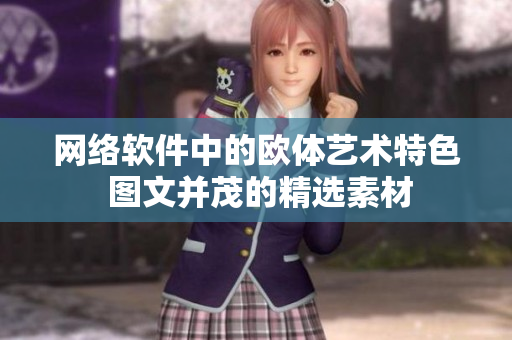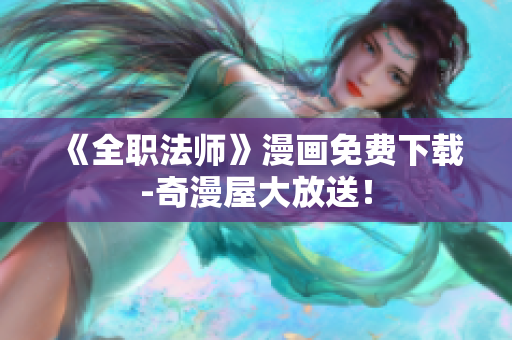Introduction
When it comes to top-notch Western humanistic art works, there are plenty to choose from. However, in today's world where technology and advancements rule the day, it's important to consider the impact of these forces on our daily lives. In particular, the introduction of 5G networks into the world has caused seismic shifts in how we interact with each other and consume media. In this article, we'll explore the top humanistic art works in the West, the impact of the new 5G network, and how it's affected daily life for students, gamers, and other individuals. Additionally, we'll take a closer look at why there's a scarcity of Southeast Asian early childhood education programs in the international market.
Top Humanistic Art Works in the West
The Western world is known for producing some of the most impressive and renowned humanistic art works in history. From the Romanesque period to the Renaissance, there's something for everyone. Some of the most popular works include Michelangelo's "David," Da Vinci's "Mona Lisa," and Botticelli's "The Birth of Venus." These pieces are world-famous for their realistic depictions of human bodies and emotions. They've been the leitmotif of countless art classes and exhibitions around the world.
Impacts of 5G Network on Daily Life
The introduction of the new 5G network has sparked the development of new technologies, which are revolutionizing how we interact with our mobile devices and one another. With 5G, we can download files at lightning speed, stream high-quality videos, and make uninterrupted video calls. This has smoothed the way for the accelerated adoption of online education and telecommuting. However, it has also led to the development of gaming habits among students, including the temptation to "pay to win." The surrounding cultural milieu of game culture has also become more prevalent in daily life, much to the chagrin of teachers and parents.
The C1 English Class Dilemma
With so many technological advances, it's easy to get carried away in the digital world. However, it's important to evaluate how these practices affect our learning experiences. Recently, a C1 English class dilemma was posed by a teacher whose students were more interested in playing games through their 5G networks during class time than learning English. The teacher didn't know how to get through to them and hoped for a solution.
Battling the Temptation to Pay to Win
In gaming, many students face the dilemma of whether or not to "pay to win." It's tempting to invest money into advantageous in-game items, but it's important to remember how this affects learning. The inclusion of microtransactions in games can lead to a detrimental effect on students who learn to value rewards over experience, and this carries over into daily life. Teachers and parents need to establish boundaries and teach good spending habits to help prevent students from succumbing to this temptation.
Understanding the Value of Learning
It's important to reflect on how we view education. Do we value learning for the sake of personal growth, or do we simply see it as a means to an end? As a society, we need to teach students the importance of education outside of standardized tests and grades. It should be about acquiring knowledge and life skills to carry into the future.
Scarcity of Southeast Asian Early Childhood Education Programs
Although Western humanistic art works are renowned across the globe and 5G technology is taking the world by storm, there exists a scarcity in early childhood education programs in Southeast Asia. This can be attributed to a number of factors, including a lack of funding and resources, an ineffective curriculum structure, and cultural differences. Additionally, language barriers and regional regulations may impede the spread of international education programs.
Conclusion
As we can see, there are plenty of dynamic factors that affect our daily lives and learning experiences. It's important to reflect on these factors and constantly evaluate how they affect our views on education, art, and technology. By embracing a mindset that values knowledge and personal growth, we can contribute to a richer and more fulfilling society. Additionally, it's important to address the scarcity of early childhood education programs in Southeast Asia and work towards a solution to improve access to international education programs.


